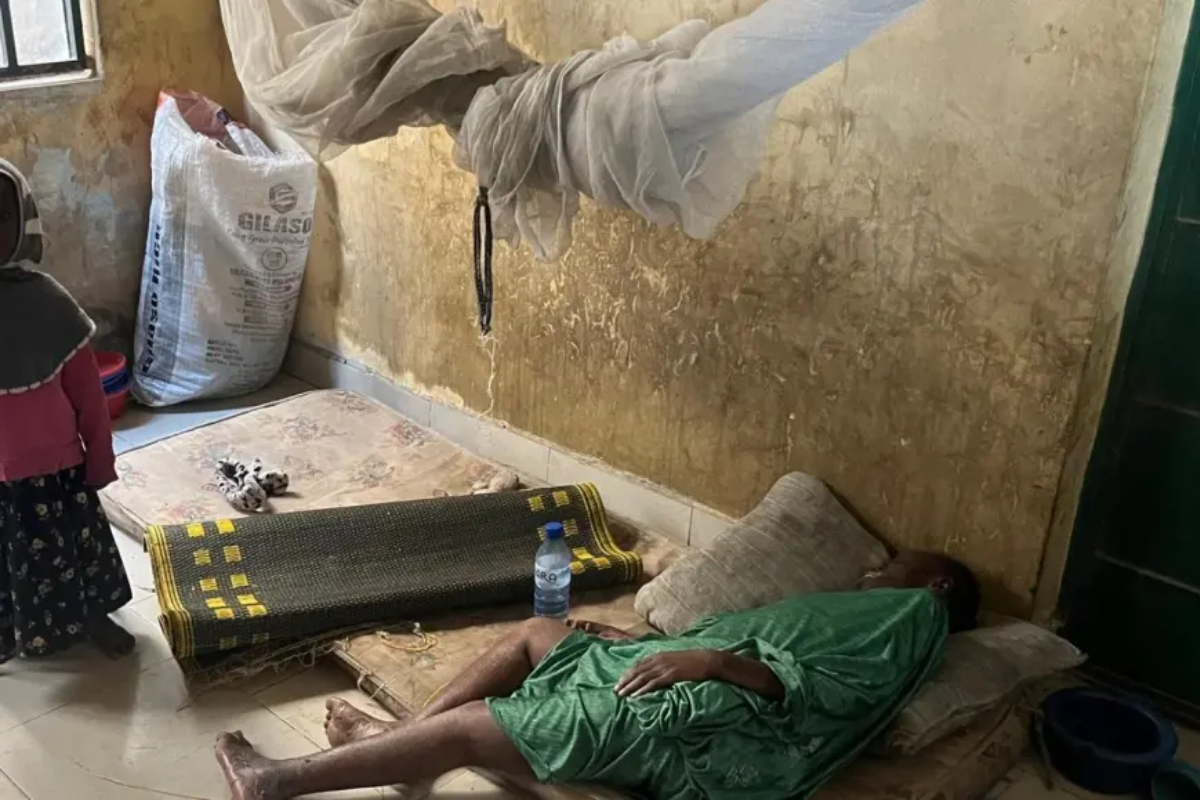The tragic death of a young woman in Nigeria has brought attention to the severe gaps in the country’s healthcare system, particularly for women. The 27-year-old, identified as Amina, passed away after being denied life-saving medical treatment in a Nigerian hospital due to financial constraints, highlighting the challenges faced by many Nigerians in accessing basic healthcare.
Amina was admitted to a hospital in Kano State in early January 2025 after suffering from severe complications related to childbirth. However, hospital officials refused to provide medical care, citing her inability to pay the required fees. “She was in extreme pain, but they told us we had to pay before they could treat her,” said Amina’s sister, Mariam. “By the time we gathered some money, it was too late. She had already passed away.”
Human Rights Watch (HRW) has condemned the incident, calling it a devastating example of how Nigeria’s healthcare system continues to fail its citizens. According to HRW, the incident underscores the widespread issue of healthcare inaccessibility, especially for the country’s poorest citizens, who often face discrimination in receiving medical care. “Amina’s death is a tragic reflection of a broken healthcare system that leaves millions of Nigerians without access to necessary care,” said HRW’s Nigeria researcher, Chidi Odinkalu. “The government must ensure that basic healthcare is available to everyone, regardless of their ability to pay.”
Nigeria’s healthcare system has long struggled with underfunding, poor infrastructure, and a lack of qualified personnel. The situation has worsened in recent years due to the country’s economic challenges and the rising cost of medical services. In rural areas, healthcare facilities are often poorly equipped, and many hospitals have turned away patients due to the inability to pay upfront fees. Amina’s case is not isolated, as many Nigerians continue to die from preventable conditions simply because they cannot afford care.
“The government’s failure to provide affordable, accessible healthcare for its citizens is a disgrace,” said Dr. Ngozi Akpobi, a Nigerian health activist. “It’s heartbreaking to know that many women, especially in rural areas, face the same fate as Amina daily.” Amina’s family has called for justice and reform, demanding that authorities investigate the circumstances surrounding her death and hold the responsible medical staff accountable.
In response to the growing concern, human rights organizations and healthcare advocates are urging the Nigerian government to address the systemic issues within the country’s healthcare sector. They have called for establishing a national health insurance program to guarantee healthcare access for all Nigerians, regardless of their income. “We need a system where no one is turned away from a hospital simply because they cannot pay,” said Mariam, Amina’s sister. “No family should have to lose a loved one because of this.”
As the nation continues to struggle with healthcare access, the death of Amina serves as a stark reminder of the urgent need for reform. Without significant changes to Nigeria’s healthcare infrastructure and policies, many more citizens, especially women, will continue to face avoidable deaths due to neglect and a lack of resources. The government must act quickly to ensure that no Nigerian is denied the right to life-saving care.




